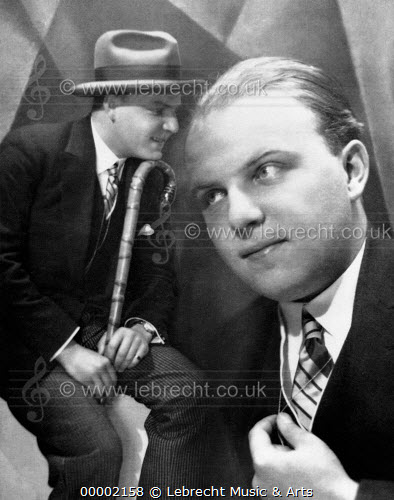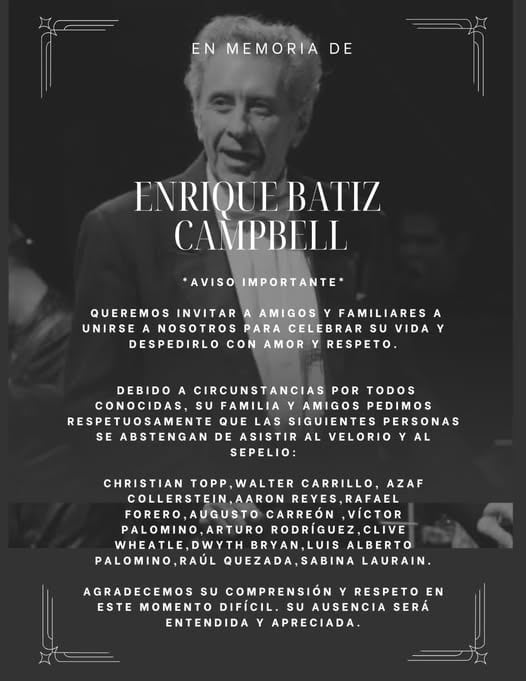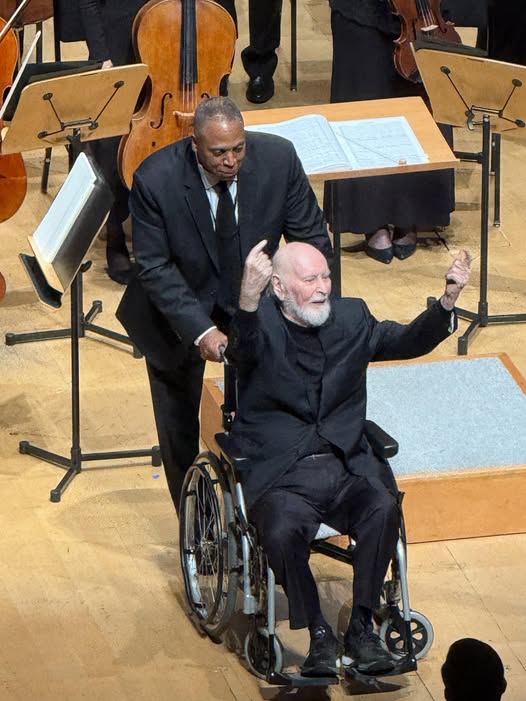A Carnegie Hall escape from chaos
OrchestrasOur critic Susan Hall reviews the two-concert Cleveland residency at the start of Carnegie’s Weimar Festival:
Carnegie Hall, New York’s premier music venue, is examining the music of the Weimar Republic this spring. Franz Welser-Most, an Austrian who has led the Cleveland Orchestra for twenty-five years, opened the series. The music he creates is full of otherworldly whispers, suggesting escape from chaos and also the direct, percussive dynamite of the present.
The inaugural program for “Dancing on the Precipice” began with the composer Ernst Krenek. For Krenek, music does not grow out of the times in which it is composed. Look at Beethoven, he argues: You hear nothing of the Napoleonic wars.
Yet Krenek would write a fabulously successful opera, “Jonny Spielt Auf”, a jazzy work that fit the Weimar period perfectly. A cigarette company adopted its brand. Krenek moved often from what-has-been to what-would-be.
A pared-down Cleveland Orchestra delivered Krenek’s Little Symphony, with a Baroque structure and a Mozartean flare progressing to an atonal, jazzy conclusion. Mandolins, banjo and guitar were added as a nod to Krenek’s Parisian associates. Welser-Most brought out rainbow colors and rich texture. The conclusion is furious, a smaller version of the end of Mahler’s 10th Symphony Adagio that followed.
The young Krenek wanted to become Gustav Mahler. Alma Mahler asked him to complete Mahler’s 10th Symphony. He couldn’t. Welser-Most steered its Adagio from quiet to a dance and then a terrifying, bruising and novel finale.
Krenek preferred Bela Bartok to Arnold Schoenberg, who he found dry and intellectual. Bartok’s Miraculous Mandarin concluded the first evening’s program. It delves into a story of pimps and prostitutes and prompted outraged citizens to picket a Cologne concert hall.
In his brilliant film Deep Gold on the 20s in Germany, Julian Rosefeldt depicts the end of pornography and sex suppression in 20s Berlin as women’s sexual liberation made them unnecessary. Wagner’s Liebestod is his score. From Wagner to Bartok, erotic music goes from the beautiful to the beat. Erotic music may have helped to avert the gaze from the destructive chaos of the War. Some of the noise and chaos we hear in the music of Weimar anticipates war’s sounds.
In their second performance, the Cleveland Orchestra blasted out parts of Prokofiev’s Second Symphony, delivering what critics have often called machine music. Yet it could well be marching troops. Explosions of notes resemble bombs.
Composers went to war. Maurice Ravel, a nurse‘s aide and truck driver in the War, would write a piano concerto for one hand for a pianist whose right arm was amputated after his elbow was shot. Alban Berg started composing his opera Wozzeck before the War. When he finished he would say, “I have become Wozzeck: I have been in chains. Sick, captive, resigned and mutilated.”
Novelist Robert Graves’ Command Sergeant Major put the situation bluntly: Trench warfare is murder. The gas, the serrated knives, mutilation and torture left Graves with nightly shell bombings in his dreams. German painter Ernst Ludwig Kirschner was placed in an insane asylum after he was drafted. Otto Dix was possessed by Weimar and the rise of Hitler.
The Weimar period unleashed a flurry of creativity. Yet Detective Gereon Rath in Babylon Berlin becomes a drug addict after the war. Are we to think that atonality, brash noises, startling rhythms and daring paintings are not a response to that experience?
Carnegie examines the fragility of democracy. China’s Xi Jinping says, “Democracy is hard, tyranny, easy.” Democracy was young in Weimar Germany. Hopes were high, but hyperinflation and the shame of defeat left citizens distraught. Artists and politicians groped toward a better future, but tyranny turned out to be easier.
“Dancing on the Precipice” gives the pleasure of diversion as well as the sounds of chaotic disruptions. Welser-Most and the Cleveland Orchestra are perfect messengers.
Susan Hall
pictured: Krenek, when young






Comments